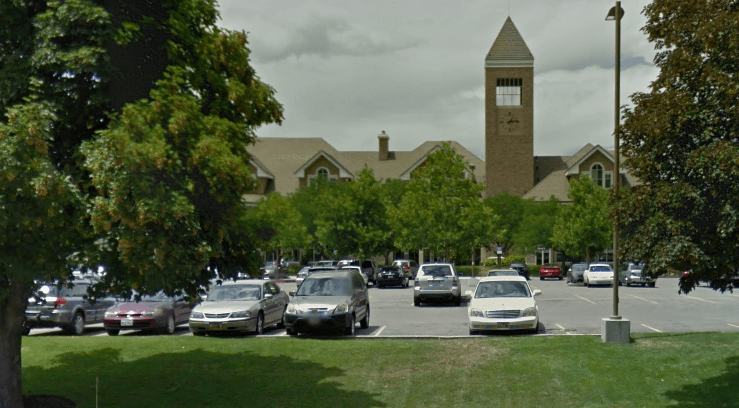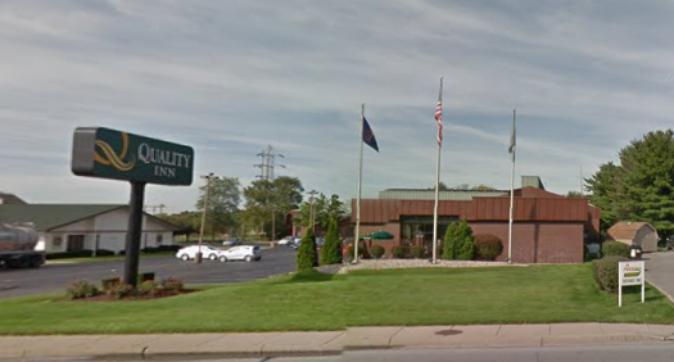Not long after a student from Brigham Young University reported her own rape, she received an email from her university saying she had “violated” the BYU’s “honor code.”
“I felt revictimized,” she told Utah news channel KUTV.
BYU student, Madi Barney, was allegedly raped at her apartment in September of 2015; she claimed she did not invite the man into her bedroom.
They are afraid of coming forward about their assaults because they don't know how it will affect their standing academically.
, BYU student



